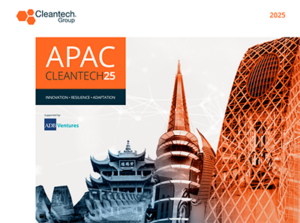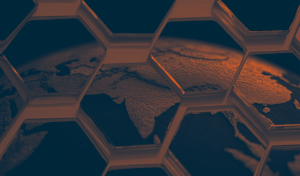APAC’s Cleantech Frontier: How 2024’s Innovations are Shaping Global Trends
In 2023 we observed APAC-based cleantech innovators – especially Chinese solar and energy storage companies – take a quantum leap in manufacturing and deployment growth. The maturity of demand signals in key APAC markets catalyzed a palpable sense of confidence in the next generation of APAC-born Energy & Power innovators, who took home more than 10% of all venture and growth investments globally.
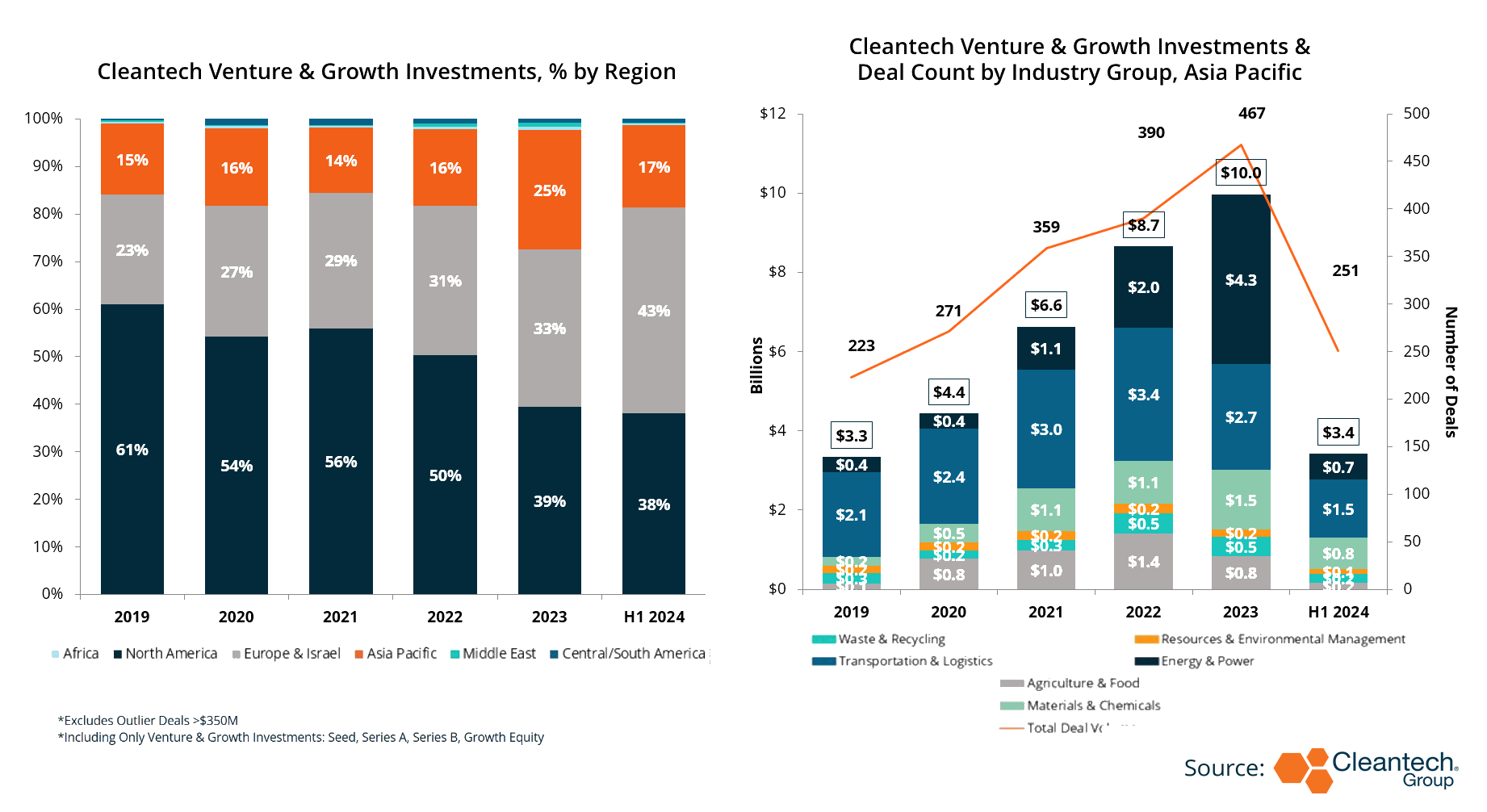
In 2024, as those Energy & Power innovators are less reliant on equity financing for growth, we are starting to see some new trends emerge to indicate where the next wave of APAC innovation may start to land on global shores.
Textile Sustainability: Is APAC Already on the Crest of a Global Wave?
Much of the world is finally becoming attuned to the long growing but perennially under-addressed issue of textile waste. Incumbent approaches are challenged by textile recycling due to the mixed nature of most textile fibers and there has traditionally been little demand for alternative textiles, outside of niches. This is changing now, notably with new EU strategies to mandate more sustainable design of textiles and intensify support of circular supply chains. Asia-Pacific is the global center of textile production, with China alone accounting for an estimated 37% of global textile exports, giving the region the biggest problems to solve but also the largest adoption opportunity.
Indeed, APAC innovators seem to be getting the signal, and investors seem to have renewed confidence in the space, with H1 2024 investments already beating out 2022 and 2023.
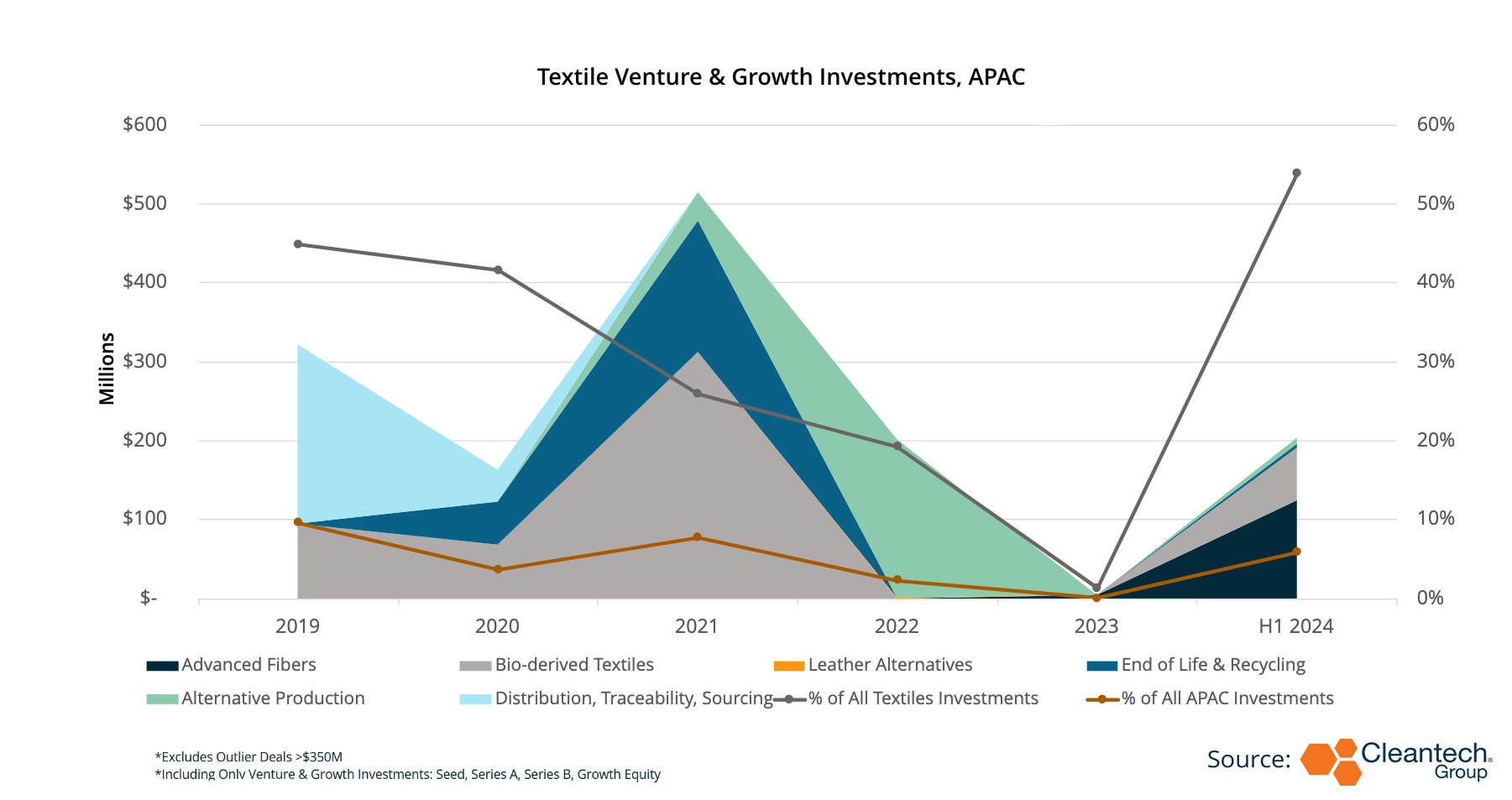
The variety of advances being developed across APAC is worth noting as well, with approaches ranging from alternative fibers to novel recycling methods.
Sustainable Textiles:
- Cellulosic fibers innovator Siliya (China) got a significant capital injection ($125M Series A) to accelerate R&D of their bio-based fibers
- Japan-based Spiber raised their first round since 2021, taking in $65M in Growth Equity to support scale production and sales of their novel brewed protein fibers and fabrics
- India’s Unirec raised their first ever round, a $190K Seed round, to double down on R&D for their clothing line produced from recycled PET plastic bottles
Novel Textile Recycling Approaches:
- Enzymatic recycler Samsara Eco (Australia) took in an additional $65M (including from Temasek, Hitachi Ventures, and Main Sequence) to support development of new commercial facilities to be built in Southeast Asia. Once in operation, the facilities will manage millions of tons of textile and packaging waste
- Also out of Australia, chemical recycling company Blocktexx raised a $4.6M Series B to find digitization of distribution networks
Low-emissions Heavy Duty Trucking – Is China Already Accelerating to a Winning Position?
By now, it is no mystery that Chinese electric passenger vehicles are in the global leader position, but the advantage does not stop there – China’s early start in deploying and developing electric buses has yielded observable results: of all electric buses in operation globally, 95% are in China. Electric heavy-duty trucks are in deployment at a much lower number, but even there, as of 2022, 95% of electric heavy-duty trucks in operation were in China.
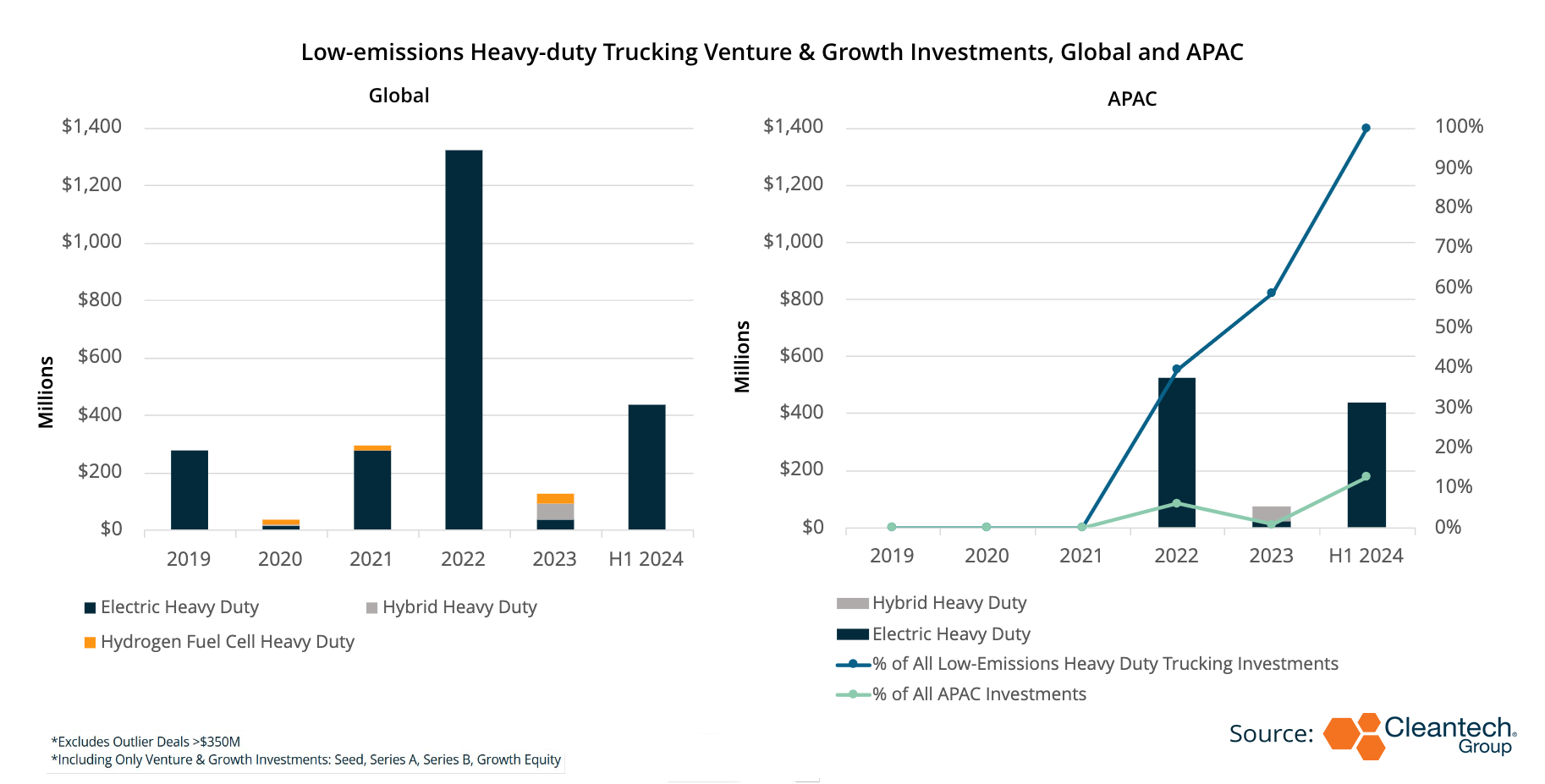
China’s electric truck innovators are taking their cues, and, while once relatively quiet, are this year at the center of the action, with just a handful of Chinese innovators accounting for all of global equity investments into electric heavy-duty innovation.
Even in 2022, the first year we observed developments in APAC in this space, just two Chinese innovators made up about a third of venture investments. One of those companies, QiYuan Core Power, developing heavy-duty charging and battery swapping stations, raised a $211M Series B this year, following their $223M Series A in 2022. The other, Geely subsidiary Farizon Auto capped $1B in equity investments in under a year and a half with a $100M Series B this past January. Founded only in 2022, Hong Kong-based Windrose brought in a $110M Series B in April, to test and deploy their battery-electric long-haul trucks.
One noted divergence is that there appears to be less innovation in hydrogen fuel cell heavy-duty trucking in the APAC region. This may not necessarily be a competitive disadvantage, as Cleantech Group has stated in previous analyses – we believe the use cases for hydrogen trucking to be limited to niche, purpose-built fleets, whereas battery electric trucks will be able to serve the overwhelming majority of use cases.
Honorable Mention: Ammonia Innovation in APAC Early but Encouraging
Ammonia is a critical molecule in the global economy, underpinning the very fabric of the global food system and a fertilizer market estimated to be worth over $200B. However, with the global maritime industry beginning to consider alternatives to highly polluting bunker fuel, low-carbon fuels are expected to play the biggest role, and ammonia satisfies much of the criteria to solve the industry’s problem.

Home to some of the world’s vibrant maritime economy and most active ports, Asia-Pacific stands to benefit immensely from taking a leadership position in green ammonia innovation. Although the green ammonia innovation space is small and still growing, two of its marquee innovators are based in the region, both of whom raised significant rounds in recent months.
- Melbourne-headquartered Jupiter Ionics has developed an electrolysis cell that, at scale, can produce ammonia in a modular, distributed fashion, housed in shipping containers. Jupiter Ionics raised a $5.9M Series A this year, the company’s first equity round since 2021.
- Japan’s Tsubame BHB is pioneering an ammonia synthesis by catalyst approach, which, if successful, will enable ammonia production at the end-use customer facility (versus at a centralized location) and can flatten the delivered cost of ammonia. Tsubame BHB brought in a $35M Growth Equity round (including from Yokogawa Electric) this past February.
